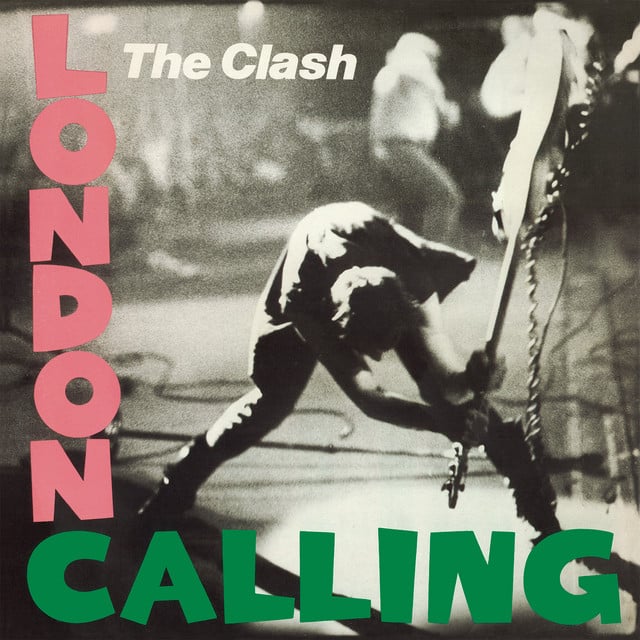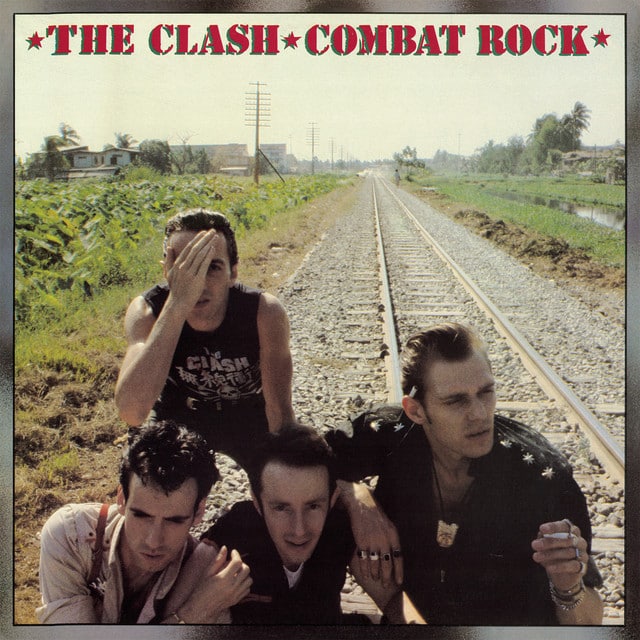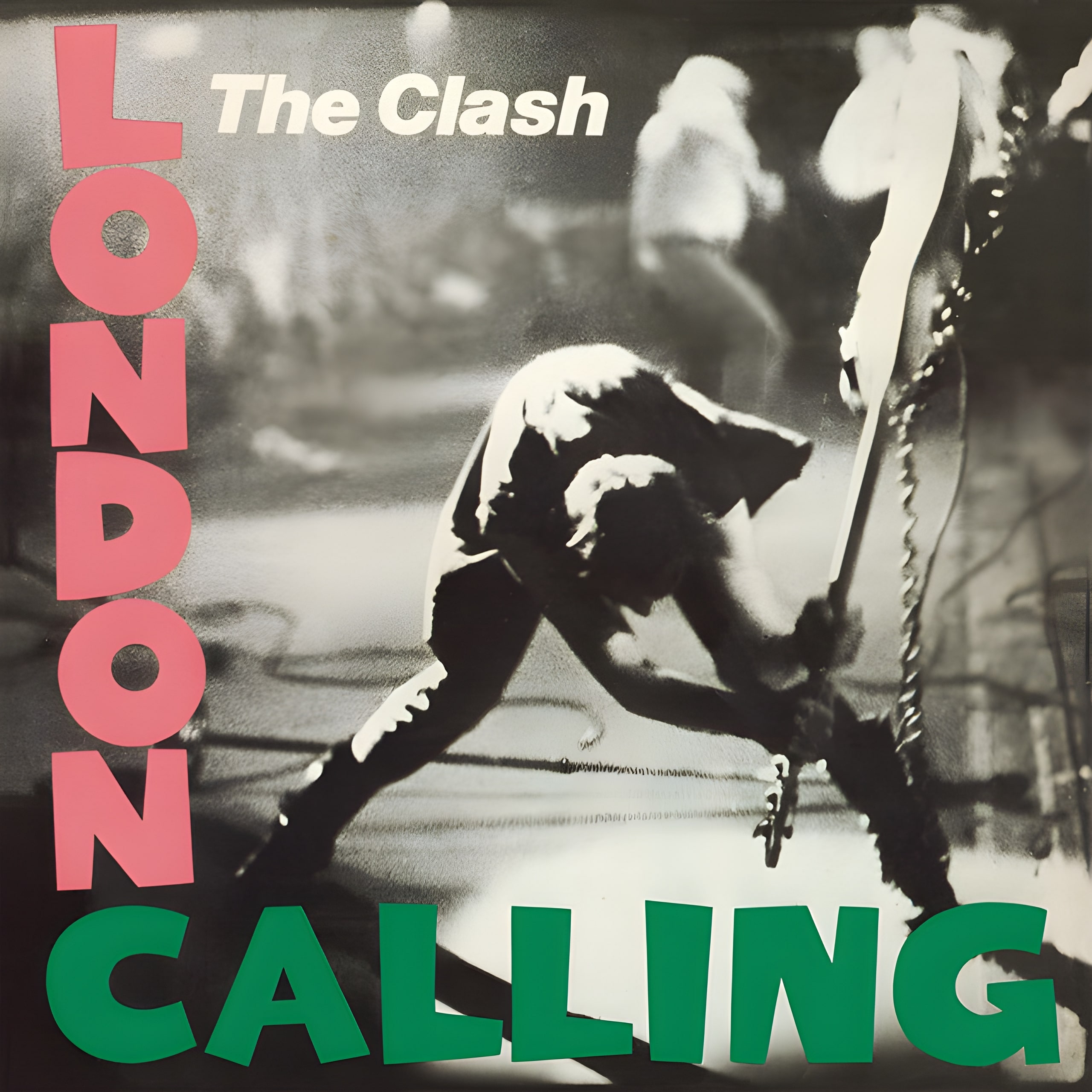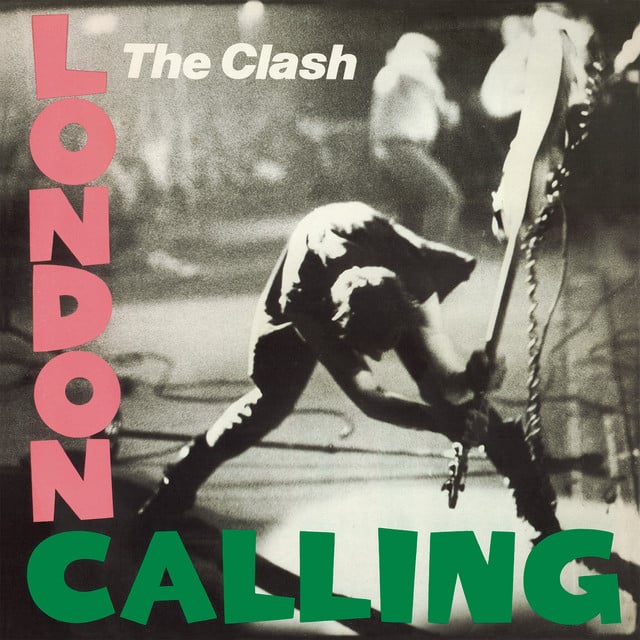Released: 1979
“London Calling” by The Clash isn’t just a song; it’s a dystopian anthem that punches you right in the gut with its raw energy and bleak imagery. At its core, it’s a call to arms and a commentary on the state of the world as viewed through the disillusioned eyes of the late 1970s London. With mentions of an impending ice age, nuclear dread, and societal unrest, it’s as much a desperate scream into the void as it is a rallying cry against complacency.
The song kicks off with “London calling to the faraway towns / Now war is declared and battle comes down,” setting the stage for a global call to action. It’s not just London’s fight; it’s everyone’s. The Clash are alerting us to the fact that a war, not necessarily of nations but of ideologies and survival, is upon us. When they beckon the “underworld” and talk about coming out of the cupboard, it’s a nudge to the marginalized, the forgotten, and the rebels to stand up and be counted.
The line “Phony Beatlemania has bitten the dust” is particularly striking. Here, The Clash critique the commercialization of rock music and the blind adoration of the past, suggesting that surface-level obsessions distract from the real, pressing issues of their time. They assert themselves as a stark departure from the swing and sweetness of the ’60s – there’s no room for naiveté in the world of “London Calling”.
The repeated references to an ice age, the sun zooming in, and the wheat growing thin paint a vivid picture of environmental calamity and societal collapse. Yet, amid this apocalyptic vision, there’s a personal defiance: “I have no fear / ‘Cause London is drowning and I, I live by the river.” It’s a powerful assertion of resilience in the face of impending doom, emphasizing a personal connection to place and an unyielding spirit.
The section calling out to the “zombies of death” and those holding out could be seen as a commentary on the desensitization to the Cold War’s nuclear threat and the numbing effect of societal issues on the individual. There’s an urging to wake up, to breathe, to not succumb to the metaphorical death of inaction.
As the song nears its end, with “London calling, yes, I was there too / And you know what they said? Well, some of it was true,” there’s an acknowledgment of shared experiences and truths among the chaos and rumors. It’s a reminder that in the midst of societal upheaval, personal stories and truths still matter. The closing lines, “And after all this, won’t you give me a smile? / London calling / I never felt so much alike,” encapsulate the song’s essence: a shared struggle, a common ground found in the collective fight against societal decay, and perhaps, a sliver of hope found in unity.
“London Calling” by The Clash transcends its punk rock roots to deliver a message that’s both a dire warning and a unifying call to action. It’s not just about London; it’s a global ring of the alarm bell, set against a backdrop of personal and collective resilience. Through their gritty lyrics and defiant sound, The Clash remind us that in the face of adversity, there’s power in standing together – even as the world seems to crumble around us.








